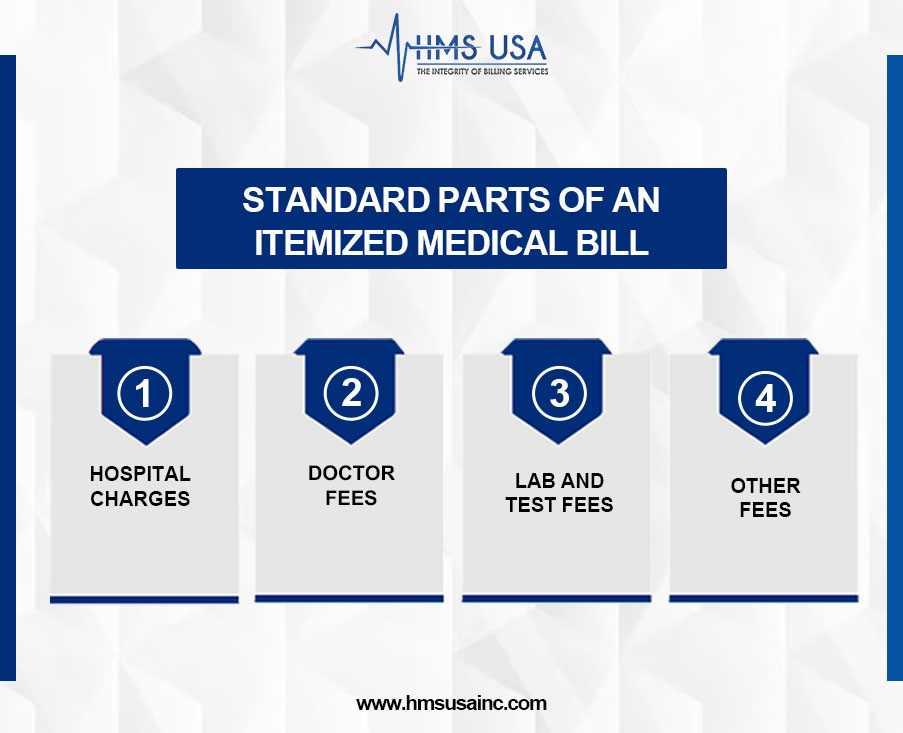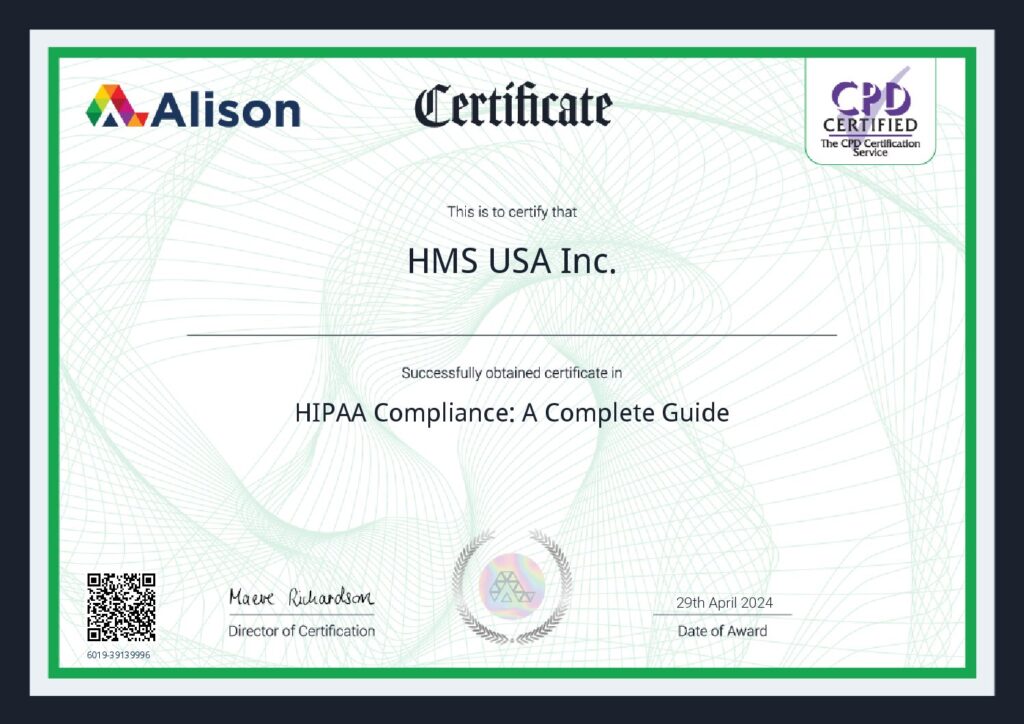Medical billing can often feel confusing because of changing insurance rules, medical codes, and payment systems. For patients, this complexity usually makes it hard to understand precisely what they are being charged for. One of the best ways to solve this problem is through transparent billing. When bills are clear and detailed, patients know what they are paying for, and providers can build stronger trust.
In this blog, we are going to explain what an itemized bill is in medical billing, why it matters, what you can expect from it, and how it protects patients’ rights. By the end, you’ll understand why asking for an itemized bill is an essential step toward fair and accurate healthcare costs.
What Is an Itemized Bill in Medical Billing?
An itemized bill is a detailed list of all the services, treatments, and supplies a patient receives during medical care. Instead of showing just one total amount (like a summary bill), it breaks down each charge—for example, lab tests, scans, medications, or doctors’ fees.
An itemized statement in medical billing helps patients clearly see what they are being charged for and check if everything is correct. Patients can also ask their hospital or healthcare provider for an itemized bill whenever they want more clarity.
Why Itemized Bills Matter
- Clearer Costs: Patients understand precisely how the total bill is calculated.
- Finding Mistakes: Easy to spot errors like duplicate charges or services not received.
- Insurance Help: Insurance companies often need a detailed list of costs to process claims.
- Trust and Transparency: A detailed bill shows honesty and builds stronger patient-provider relationships.
Standard Parts of an Itemized Medical Bill
- Hospital Charges: Room fees, medicines given, surgeries, or other procedures.
- Doctor Fees: Charges for doctors, surgeons, anesthesiologists, or other specialists.

- Lab and Test Fees: Costs for blood tests, X-rays, MRIs, and reading the results.
- Other Fees: Supplies, nursing care, or equipment. These sections can sometimes include mistakes or repeated charges.
Itemized Bill From Hospital – What to Expect
When you ask for an itemized bill, you should get a clear breakdown of all hospital charges, not just one big total.
- How it looks: Itemized Bills are usually divided into sections like room charges, medications, lab tests, and doctor fees. Each line shows the date, what was provided, how much it costs, and the total.
- What’s included: Your bill should list your name, insurance details, billing codes, and any adjustments if insurance has already paid part of it.
- Common mistakes: Patients often find errors like duplicate charges, wrong quantities, or charges for services they never received (for example, a medicine that wasn’t given). Checking carefully can save money.
Patient Rights – Right to an Itemized Medical Bill
Every patient has the right to ask for an itemized bill. This right helps keep billing fair and transparent.
Why it matters: Many states require hospitals to provide these bills by law. Federal laws like the No Surprises Act also support billing transparency.
State and insurance rules: Some states require hospitals to give itemized bills within a specific time. Insurance companies may also need them to review claims, especially for expensive procedures.
Your role: Asking for an itemized bill helps you spot mistakes, prevent overcharges, and make sure you only pay for the care you received.
How to Request an Itemized Medical Bill
Getting an itemized bill is usually simple, but you’ll need to take the first step.
Request itemized medical bill – What to do for:
- Call the hospital billing office after discharge or when you get a summary bill.
- If needed, send a written request.
- Ask for dates of service, clear descriptions, billing codes, and costs.
Who can help: The hospital billing office, your insurance company, the online patient portal, or a patient advocate at the hospital.
Tips for checking your bill
- Compare it with your Explanation of Benefits (EOB) from insurance.
- Look for duplicate or unclear charges.
- Dispute mistakes quickly, contact the billing office in writing, and keep copies of everything.
- Requesting and reviewing an itemized bill is one of the best ways to protect yourself from extra costs and stay in control of your healthcare expenses.
Benefits for Healthcare Providers
Itemized billing isn’t just helpful for patients; it also benefits healthcare providers. When providers share clear, detailed bills, patients understand precisely what they’re being charged for. This builds trust, reduces confusion, and improves the provider-patient relationship.
Detailed bills also cut down on disputes and mistakes. They give providers a clear record of services, help meet legal requirements, and reduce the risk of financial or compliance problems. Over time, using itemized bills shows professionalism and strengthens a provider’s reputation.
Final Thoughts!
Itemized bills make healthcare fairer and more transparent. Patients can see what they’re paying for, while providers show accuracy and honesty in their billing. This reduces errors, prevents misunderstandings, and keeps processes smooth.
Patients should always ask for and review their itemized bills to avoid unnecessary costs. Providers, in turn, benefit from easier billing, stronger trust, and greater credibility. In the end, itemized billing is a simple but powerful step toward a more transparent healthcare system.
Always ask for an itemized bill after your doctor’s visit or hospital stay. Reviewing it can help you catch mistakes and make sure you’re only paying for the care you received.
Healthcare providers can also support patients by giving clear, itemized bills as a standard practice. This builds trust and makes billing more fair and transparent.
For help with understanding or improving billing practices, contact HMS Group Inc. today.
FAQs
What is an itemized bill in medical billing?
An itemized bill is a detailed list that shows every service, test, medicine, and supply you were charged for. It’s different from a summary bill, which only shows the total amount.
Why should I ask for an itemized bill?
It lets you see exactly what you’re paying for. You can also catch mistakes, like being billed twice for the same service, and make sure your insurance is covering the right costs.
Do I have the right to get one?
Yes. As a patient, you have the right to request an itemized bill. Hospitals and clinics are required to give it to you if you ask.
How can I request an itemized bill?
You can call the hospital’s billing office, ask through your patient portal, or contact your insurance company to get a copy.
What should I look for on an itemized bill?
Check if you were charged for services you didn’t receive, duplicate charges, or wrong amounts. Compare it with your insurance statement to be sure everything matches.









